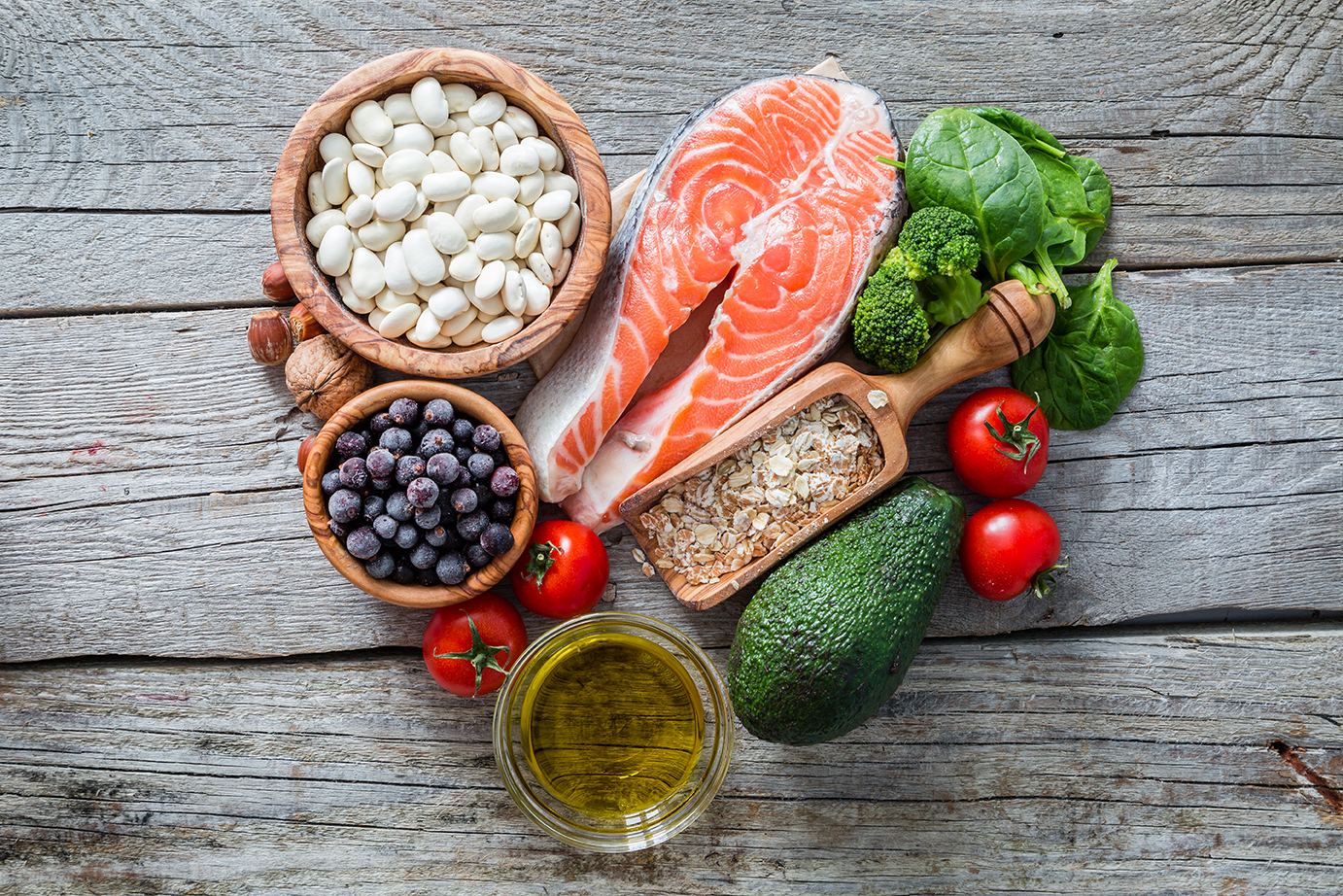Effect of Diet on Diabetes
Diabetes is a metabolic disorder. This means what you eat, and how much you exercise determines how well you control diabetes. So, more than visiting a diabetes doctor, most diabetes treatment happens at home.
Eating wisely and exercising regularly leads to better diabetes control. This means controlling the amount of carbohydrates and fats you consume. This also means every meal of yours has to be planned with respect to physical activity and blood sugar levels.
Failing to have a diabetic diet leads to nutritional deficiencies, high consumption of carbohydrates and fats. This is directly responsible for heart diseases, stroke, and other cardiovascular diseases.
What is a diabetic diet plan?
A diabetic diet or a diabetes diet plan is all about controlling your blood sugar levels by regulating diet. It is also about bringing down your weight, cholesterol, and triglyceride levels in order to reduce heart disease risk.
A diabetes diet plan involves providing all the macro and micronutrients as per every individual’s health targets. It provides adequate amount of proteins, carbohydrates, and fat along with minerals, vitamins, and most importantly, dietary fiber.
With a diabetes diet plan, proper exercise regimen, self-monitoring, and medication, a person with diabetes would know how to control diabetes at home.
How to choose the right diabetes diet plan?
While choosing a diabetic diet, it is important to note that a good diabetes diet plan focuses on carbohydrate regulation. This is because carbohydrates have a huge impact on your sugar levels.
Focus should also be on adequate protein content along with healthy fats and dietary fiber. Soluble dietary fiber is known to reduce the rate of absorption of sugar into the bloodstream. This means your postprandial sugar levels do not shoot up unduly.
While the general dos and don’ts of a diabetic diet are common, getting a personalized diet plan needs a team approach – diabetes doctor/endocrinologist, dietician, and diabetes educator.
You need:
- A diabetes doctor or an endocrinologist in order to determine glycemic targets.
- A registered dietician in order to provide an appropriate diabetes diet plan, and check your progress
- A diabetes educator in order to guide you with medication, and self-monitoring routine.
Get a customized diabetes diet plan. Enquire Now.
The perfect diabetic food list includes the following foods and tips:
- Consume healthy carbohydrates such as whole grains, vegetables, fruits, low-fat dairy products, legumes such as – lentils, peas and beans.
- Eat a lot of fiber-rich foods such as wheat bran, whole wheat flour, nuts, fruits, vegetables, and legumes.
- Fish is the best alternative for high-fat foods. Rich in omega 3-fatty acids, you can eat fish twice a day. Choose from tuna, mackerel, salmon, sardines, cod and bluefish. Avoid fish with high levels of mercury such as king mackerel, sword fish and tilefish.
- Good fats include avocados, pecans, almonds, walnuts, canola, olives, olive oil and peanut oil – when taken moderately; they can help you lower cholesterol effectively.
Best foods to eat regularly that can control diabetes
- Fish
- Leafy green vegetables
- Eggs
- Cinnamon
- Turmeric
- Greek yogurt
- Chia seeds
- Nuts
- Broccoli
- Flax seeds
- Olive oil
- Strawberries
- Apple cider vinegar
- Garlic
Foods to avoid
- Trans-fats – Processed baked foods, snacks, stick margarines and shortenings.
- Saturated fats – high-fat dairy, beef, sausage, hot dog and bacon.
- Sodium – Consume less than 2,300 mg sodium per day. If you have hypertension, then aim for less than 1,500 mg per day.
- Cholesterol – High-fat dairy products, egg yolks, animal protein with high-fat, liver, and other organ meats.
Choose from slow-release carbs and high-fiber foods. Here are some more tips:
Eat More
- High-quality protein such as beans, low-fat dairy, eggs and unsweetened yogurt.
- Organic turkey and chicken, shellfish and fish.
- Healthy fats from olive, nuts, avocados, flax seeds and fish oils.
- Whole grain bread, high-fiber cereals
- Eat fresh fruits and vegetables instead of juices.
Eat Less
- Red meat and processed meat.
- Sugary cereal, white bread, rice or refined pasta.
- Deep fried foods or trans-fat from foods that are partially hydrogenated.
- Fat-free yogurt and basically foods that have fats with added sugar.
- Fast foods and packaged foods that are oily, fried, baked, and high in sugar such as desserts and sweets.
Consult our diabetes healthcare team for a customized diet plan that will help you reach your health goals and control diabetes, easily.











